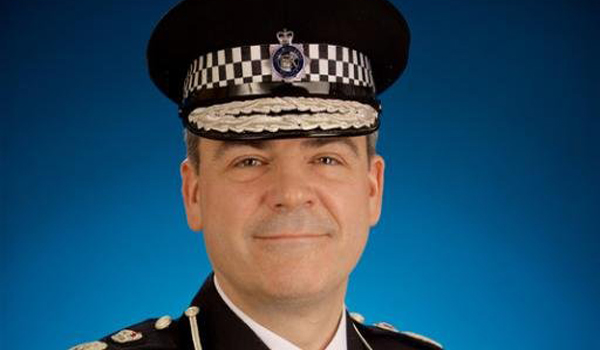Chief constable: Police leaders victims of unique media class snobbery
The fact officers from different backgrounds can reach the highest tiers of policing has led to uncomfortable class snobbery in media discussions, a chief constable has said.
The fact officers from different backgrounds can reach the highest tiers of policing has led to uncomfortable class snobbery in media discussions, a chief constable has said.
Policing is unique in the public sector in that its leadership is often critiqued as deficient, according to West Midlands Police Chief Constable Dave Thompson.
Mr Thompson cited articles in the Times that described officers as untalented, claiming this could be a class-based reaction to how the service allows people from different classes to reach the upper echelons.
His comments come after the Home Office revealed it is considering opening chief constable positions to military leaders and senior civil servants.
Mr Thompson told Police Professional: Policing is one of the most socially-mobile professions, and unlike many people in the military and parts of the civil service, we are populated with people with very different socio-economic and educational backgrounds and histories.
I just detect a constant whiff of snobbery in the language about police leadership not being up to the calibre that constantly plays out in the papers.
Theres something going on here that feels to me like exclusion. In some ways there is a judgment being made by people who struggle to accept that many police leaders come from different backgrounds.
We use language like calibre and needing more talent, and occasionally I think those are proxies for something slightly more uncomfortable.
On Tuesday (March 28) plans emerged to introduce direct entry chief constables in a Government bid to attract more applicants for the services top jobs.
The Home Office claims this will widen the talent pool and introduce more diversity into policing.
The plans were first published in the Times, which quoted a source as saying police leadership isnt very talented at the moment.
In the last year, the paper has also referred to officers as low calibre and thick.
In 2012, former chief whip Andrew Mitchell stood down following allegations he referred to officers as plebs after they refused to let him ride his bike through the main gates of Downing Street.
Mr Thompson believes policing is the one sector that is constantly criticised in this manner because it encourages promotion based on skill regardless of a persons social background.
He pointed to former Metropolitan Police Service Commissioner Sir Bernard Hogan-Howe as an example of an officer rising up and becoming a very successful leader.
There is a tone in the media that is a little bit Mr Plod, said Mr Thompson.
One of the things we should celebrate about policing is we want to attract a more diverse population. We see a lot of social mobility in policing with people rising up and becoming very successful policing leaders.


